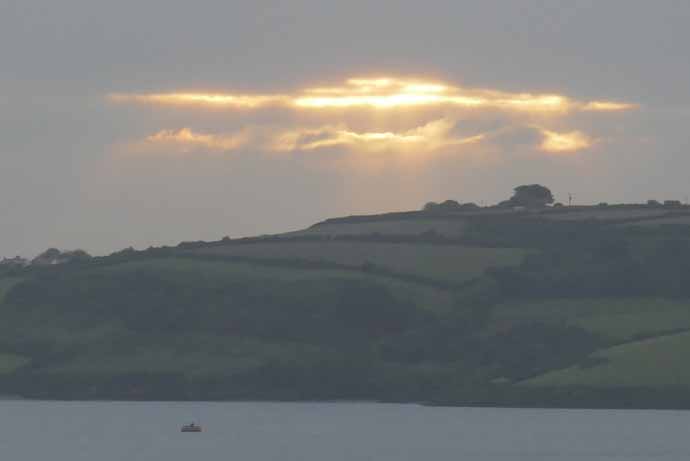You get a gold star - sorry, rating - for doing what the Teaching Excellence Framework tells you to do, not for challenging it, or coming up with a better idea. The debate "What is excellence in education?" has already been had, I guess, in some government office before the universities, etc., even get a look in. Pity our youngsters can't attend government offices for their further education, rather than universities.
They might have to come to England, though, as the TEF is not UK-wide. "The TEF was developed by the Department for Education in England," says the website of the Higher Education Funding Council for England, which is working with the Quality Assurance Agency (seriously, it is called that) on "TEF Year 2 Implementation", which is what's happening at the moment. In England.
Places of further education in Scotland, Wales and Northern Ireland can also apply for gold stars, although this TEF thing is only formally available (voluntarily; no university, etc., has to be assessed) in England. All very thought-through, right? The government gets to be seen to be busy by launching it; then, by opting in, the universities implicitly give it their seal of approval. Clever old government; gullible old universities, competing for gold stars.
No, there's no extra money involved, except in the sense that if you get a gold star, that will come to the attention of students choosing a university (yes, it's that way round these days), and of course, recruiting more students means getting more money. No, there are no under-cover student-type assessors, in the way that hotel guests sometimes reveal themselves to be under-cover hotel inspectors judging whether a hostelry is worth, say, three stars or four.
There is "a complete list of TEF assessors and panel members" on the Higher ... calls itself "Hefce", I think ... website, but when I clicked on the link I got an error message, and, you know, life is short. Anyway, my own "Website Excellence Framework" balks at an error message explaining that a link is probably broken because they've been redesigning their website and - my paraphrase - accidentally trod on it. Oh, and could I let them know? This is higher education, right? Bright people taking it upon themselves to spend our money assessing other people's excellence?
Oh, wait - sorry - there are student assessors, and in exactly that hotel sense. The student guide to the TEF tells us that the assessment is substantially based on: "how many students do not continue with their studies after starting; how satisfied students are with key aspects of their teaching and learning; and graduates’ employment after they leave." I get the third one - education is aimed at employment, these days, nothing "further" than that - but the first and second? Excellence in education is a function of student satisfaction? Really? Just keep them happy?
Also taken into account for a TEF assessment would be a voluntary submission by a "provider" (I think they mean a university) putting forward "additional evidence of teaching excellence" in a submission that "can be up to 15 pages", which is an odd limit. Very tiny typeface? But never mind. A "provider" will be assessed as excellent if it can provide evidence that it is excellent - just so long as its students agree. And get jobs - though it doesn't specify jobs that they could only get with their education - after they leave.
No pressure, then. If you go to the Times Higher Education (THE) website and read through the analysis of the THE Teaching Survey 2017 (released in February 2017), you come up against this in the bit where they're talking about the TEF: "Only 4 per cent of academics and 6 per cent of administrators believe that the proposed framework will accurately assess teaching quality, with 75 per cent of the former and 71 per cent of the latter saying it will not. And only 12 per cent of academics and 18 per cent of administrators believe that it will improve teaching quality (64 and 53 per cent, respectively, feel it will not)."
A university chancellor was quoted in a newspaper saying that the new system represented "the passing of the old guard". An interviewee on my radio spoke of "unintended consequences". I wondered whether it would be appropriate to write about the recent conversation I had with a fine-arts graduate, lately of a gold-star institution near here, about her aspirations, as she took my money and made me the flat white I had ordered.




